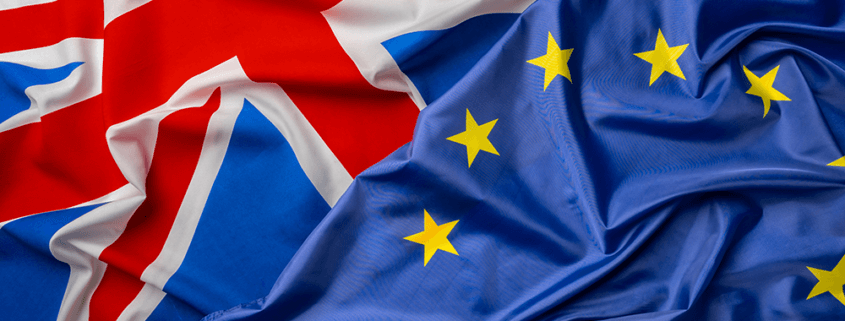A message on Brexit and the future of Europe
What happened last night in Britain definitely represents the most significant turning point in the unification process of Europe: the vote of the British people on the stay of the United Kingdom in the European Union, the so-called Brexit. It is still too early to assess completely the consequences of the British decision to quit the Union, yet some effects are already clearly visible: financial instability (both for Britain and for the rest of Europe), an even greater political uncertainty about what direction Europe should take, the emergence of other centrifuge tensions in other European countries. Never before has become a political neologism so widespread among so many citizens of different countries; never before has a domestic election sparked so many reactions in those countries not going to the polls.
The British referendum is the highest and strongest proof of that process of growing popular disaffection that has hit Europe and its institutions since more than 10 years – Europe has always been considered as a destination to reach, and the perspective of joining Europe has been for many countries in Europe a driving force to reform their economic structure, promote the adoption of the rule of democracy, open up to new freedoms and new, more modern standards. Europe has lost its capacity to embody the values of modernization, social and economic progress, competiveness and unity, and has actually become the perfect “scapegoat” for all those categories of citizens who have suffered the most from the globalization. What happened last week in Leeds to MP Cox is the most tragic of all possible demonstrations of this.
To elaborate on who is responsible for the decline of the idea of Europe would be too long an exercise. What we now feel the urge to stress, as the representatives of managers, who more than the others think ahead and look at the long-term consequences, is that there can be no alternative to Europe. Although with its many flaws, inconsistencies and weaknesses, Europe is the first, credible and effective political construction that has demonstrated that it is possible to replace war with the use of democratic means as the way to settle relations among countries. Thanks to the process of European integration, our countries have experienced an unprecedented phase of economic growth, social progress, geopolitical stability and (most important) peace. And it is only thanks to Europe that we can reasonably expect to continue playing a role in a growingly interconnected global world, where there will be less and less room for national States.
Europe needs to reform its structures, modernize its proceedings and improve its capacity to act in the interest of the community of countries it represents. But unlike previous announcements of this kind we have to go deeper into the structure. The Europe of 28 has proven its incapacity to tackle the many challenges. Why not go back a few steps and strengthen the core of the EU i.e. the founding countries. If France, Italy and Germany and their immediate neighbors have a common understanding of a new start of the EU, the other countries are invited to and will follow. Because the slowest wagon in the train cannot define its speed. If we rely more on a strong “locomotive” we will all move on. The responsibility to start moving along this path lays with national governments and as national voters we should all demand from our governments to take that responsibility. But as individuals, before than as managers within the companies we work for, we have the duty to instill in the people around us the awareness that there can be no alternative for any of our countries outside Europe, and that only in a renewed unity can be found the necessary strength to face the many challenges that await us.
Ludger Ramme




